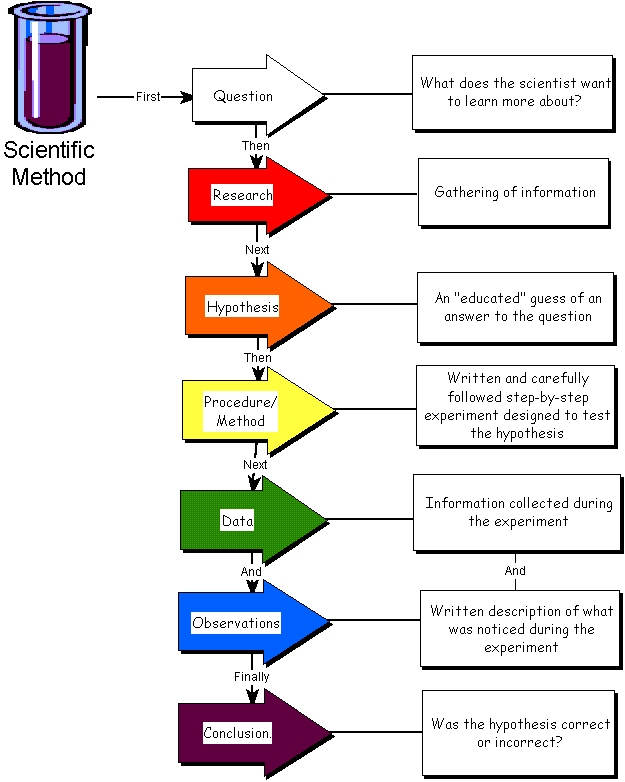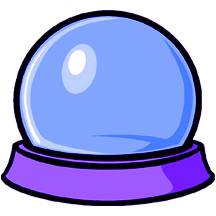It’s June, which means it’s time to talk about epistemology some more. Epistemology is the study of knowledge, and involves trying to find out how we know things, and what constitutes good reasons to believe things. I’ve talked about this in previous posts, but something that’s come up in the past year is the idea of “Different epistemologies”, particularly with regard to alternative medicine, and I want to put it to rest, partly because it’s a terrible abuse of the word.
There are a lot of people who have weighed in on this topic, from alternative medicine practitioners, to doctors, to the Dalai Lama. Hint: he’s not a doctor. To be fair, neither am I, but I’m not going to talk about medicine, but about evidence and epistemology.
The Scientific Method
Now, modern medicine uses the scientific method to determine how effective any  particular medicine is, and there’s a basic outline here. But lots of things follow that method to one degree or another. What medical researchers are interested in doing is isolating the active ingredients and figuring out what does work and what doesn’t. One of the most important things in this process is the removal of bias from the experiment, which they do by doing what’s called a “Double blind study”, which is a procedure that works something like this:
particular medicine is, and there’s a basic outline here. But lots of things follow that method to one degree or another. What medical researchers are interested in doing is isolating the active ingredients and figuring out what does work and what doesn’t. One of the most important things in this process is the removal of bias from the experiment, which they do by doing what’s called a “Double blind study”, which is a procedure that works something like this:
- Get your group of subjects, and divide them into three.
- One group gets the drug.
- One group gets a placebo, which is a sugar pill.
- One group gets nothing at all.
- Monitor the changes
And then form those observations into a conclusion, as per the chart. Here’s the kicker though, no one except for the researchers knows who’s in the first group and who’s in the second, because knowing you’re taking the real thing, or the placebo, will change how you act, and bias the results. The goal is to eliminate bias, so that you get the results of the drug or treatment, rather than the idiosyncrasies of their behaviour. Results which can be independently confirmed and replicated multiple times are the kind you want, because one experiment is never enough to be sure.
Now, that’s medicine. Here’s where the philosophy comes in. Proponents of different epistemologies with regard to alternative medicines will make claims that they involve factors which are impossible to test for under laboratory conditions, usually also claims that involve defying the laws of physics, but I digress. What matters is the claim that we can only know they’re effective by some different method. That doesn’t seem so unreasonable, on the face of things. The scientific method is only a few hundred years old, and probably can’t show everything about the physical universe. So let’s imagine a method of getting at the truth.
My Crystal Ball
I have one, you see. And it’s right ninety percent of the time, which is pretty good, let me tell you. How do I know it’s right ninety percent of the time, and not seventy-five  percent, or ninety-nine percent? That’s a good question. To find out, I’d have to get it to make a number of predictions, say a hundred, and count how many it got right. To make sure it’s really getting them right, I’d need to have the observations done by people who didn’t know what the prediction was, otherwise I might interpret it as getting it right. Alternately, I could ask it really specific questions, like “Will it rain outside my house next Tuesday?”, to eliminate any room for interpretation. Then, after making my observations, I could conclusively tell you how often it’s right. Well, maybe not. Some of those could’ve been flukes, so I’d have to test it a few more times and…Hey, wait a minute! This is the scientific method!
percent, or ninety-nine percent? That’s a good question. To find out, I’d have to get it to make a number of predictions, say a hundred, and count how many it got right. To make sure it’s really getting them right, I’d need to have the observations done by people who didn’t know what the prediction was, otherwise I might interpret it as getting it right. Alternately, I could ask it really specific questions, like “Will it rain outside my house next Tuesday?”, to eliminate any room for interpretation. Then, after making my observations, I could conclusively tell you how often it’s right. Well, maybe not. Some of those could’ve been flukes, so I’d have to test it a few more times and…Hey, wait a minute! This is the scientific method!
Even if my crystal ball is right a hundred percent of the time, I’d still have to do experiments to know that for sure. Same goes with tarot cards, revelation, and messages from space aliens. It all comes back to testing them, and testing them is best done with the scientific method. I might try to use the crystal ball to gauge the its own accuracy, but how could you trust it, not knowing how accurate it already is? Now, if I want to confirm that the scientific method works, I also have to use the scientific method, and the immediate question becomes “Wait, if I can’t do that for the crystal ball, what makes me think it works for the scientific method?” A lot of ink has been spilled over this one, and I think the shortest answer is because we have no choice. If we wanted to check the scientific method with the crystal ball, we’d still have to check the crystal ball. The nature of the process provides transparency and accountability at every step, and the focus on independent confirmation means that a fluke isn’t going to pass muster. Those of you with more philosophical savvy might point at the problem of induction, and we’ll get to that in due time, but on that let me just say that it isn’t just a problem for the scientific method, it’s a problem for every form of inductive reasoning.
Now all this doesn’t mean that there aren’t other ways of knowing things. You can learn true things from the Saturday lessons in logic, but I don’t use the scientific method. There’s no experiment that proves Modus Ponens. Mathematical proofs are another way of knowing things that doesn’t involve the scientific method. The distinction is that these things operate in different realms. Modus Ponens for instance, can tell us when one thing follows from another, but it can’t tell us whether the conclusion is true, only that the statement “if the premises are true then this conclusion follows” is true.
This is running long, so let me just say that you should probably be suspicious of anyone who makes the claim of operating on a different epistemology, or who insists that their product isn’t subject to the scientific method. I’m not saying they’re lying, but it might be bullshit. More on the philosophy of science next week, with “Be wrong!”
Also, credit where credit is due. The crystal ball example is from Wesley Salmon’s book “The Foundations of Scientific Inference,” published by the University of Pittsburgh in 1966.

I have been searching for a post such as
this for a very long time. I was looking for somebody who’d be able to definitely navigate me with this problem and was lucky
enough to locate you. Thank you a lot for your detailed explanation, you drew attention to
a very common matter! Although I share your view for the large part, I presume that
a few factors are worth having a more detailed appearance to comprehend what
is happening.